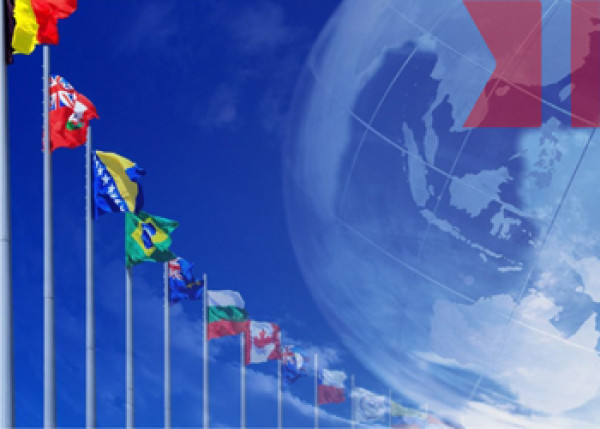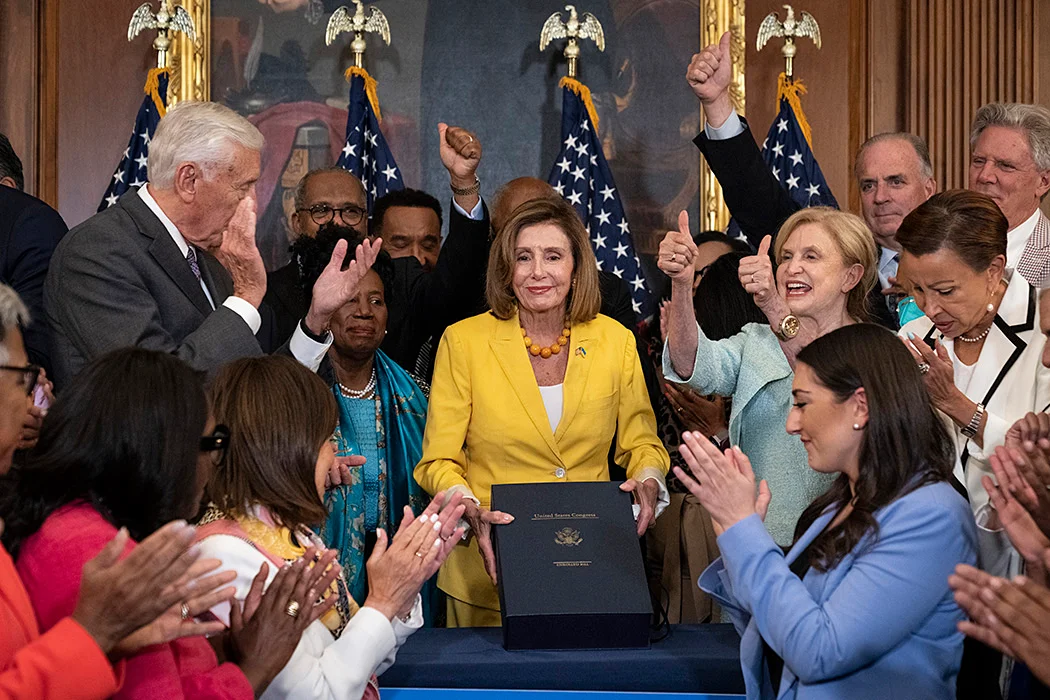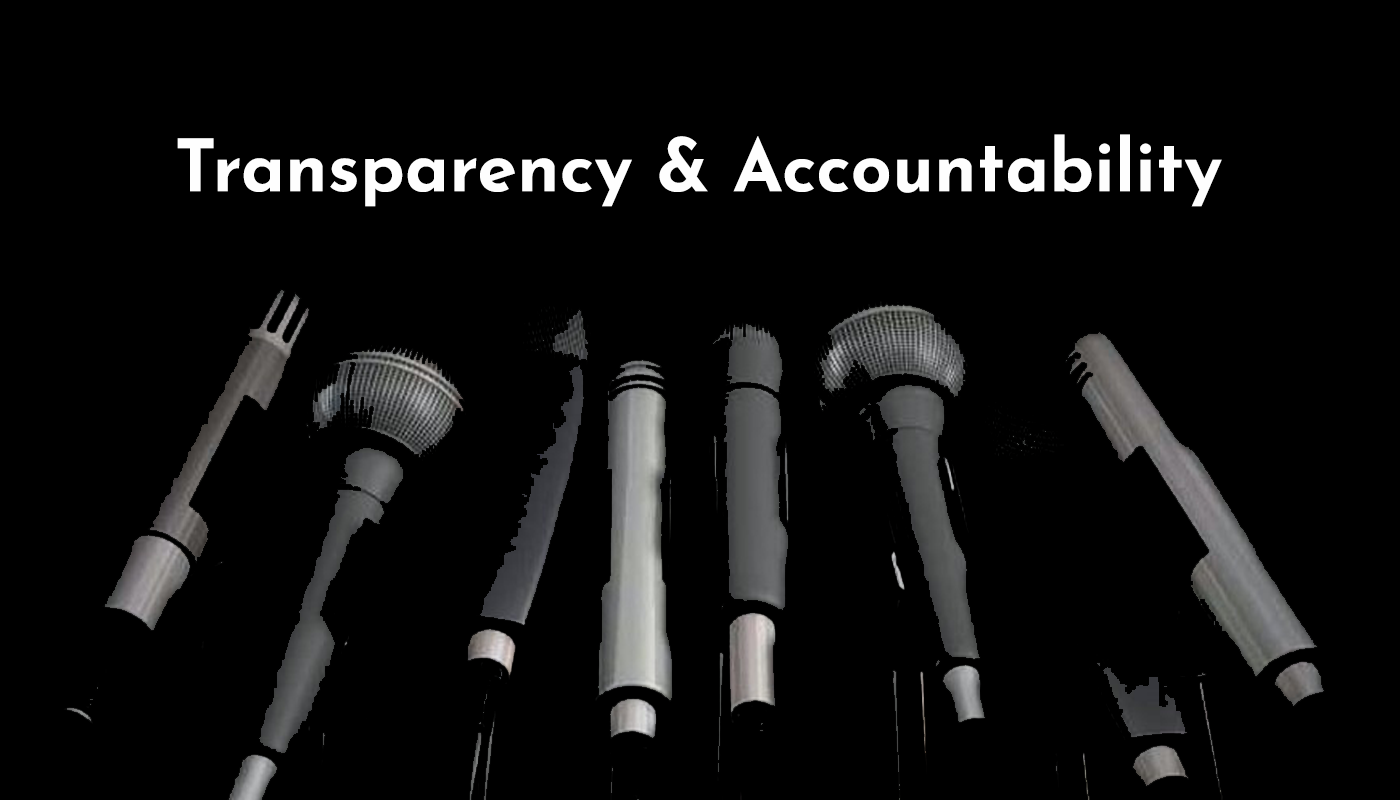International Relations and Diplomacy in Politics - Explained
Explore the crucial role of international relations and diplomacy in politics. Gain insights into the impact of diplomacy on global affairs.

The Crucial Nexus: International Relations and Diplomacy in Governance and Politics
In an era characterized by instant communication, interconnected economies, and the rapid spread of information, international relations and diplomacy have become integral components of modern governance and politics. The world has witnessed an undeniable shift towards a more interconnected and globalized society, where the actions of one state can have far-reaching consequences on the international stage. This article explores the pivotal role of international relations and diplomacy in the realm of governance and politics, delving into their significance, implications in US political news, and their influence on political events, campaigns, and strategies.
The Significance of International Relations and Diplomacy
Fostering Cooperation: International relations and diplomacy play a pivotal role in fostering cooperation between nations. In a world where no single nation can address global challenges in isolation, diplomacy provides a platform for dialogue and negotiation. Nations come together to address issues such as climate change, terrorism, and global health crises.
Conflict Resolution: Diplomacy is the preferred means to resolve conflicts peacefully. It offers an alternative to the devastating consequences of war. Nations engage in diplomatic negotiations to find common ground and avoid the destructive path of armed conflict.
Economic Interdependence: The global economy is interconnected, and international relations facilitate trade agreements, economic partnerships, and investment opportunities. Diplomacy helps to secure favorable terms for trade and promotes economic growth.
International Relations in US Political News
In the realm of US political news, international relations and diplomacy are ever-present. Here's how they influence and shape the political landscape:
Foreign Policy: US foreign policy decisions often make headlines in political news today. Leaders' approaches to international relations impact not only the nation's standing on the global stage but also its domestic politics. Debates over foreign policy choices can shape election campaigns and public opinion.
Crisis Management: International crises, whether they involve security threats or humanitarian disasters, demand immediate attention from political leaders. How these crises are handled by government officials can have profound implications for their popularity and electoral prospects.
Trade and Economic Policy: Trade negotiations, tariffs, and economic agreements with other nations have a direct impact on the US economy. Political news covers these developments extensively, and they can become central issues in political campaigns.
International Relations and Upcoming Political Events
International relations also influence upcoming political events, campaigns, and strategies in several ways:
Campaign Strategies: Politicians often incorporate their stance on international issues into their campaign strategies. They may emphasize their diplomatic successes or critique their opponents' foreign policy decisions to win voters' trust.
Foreign Policy Debates: In debates and campaign speeches, candidates frequently address international relations and diplomacy. Voters want to know how leaders plan to navigate the complex web of global politics.
Coalitions and Alliances: Politicians may form alliances or coalitions with foreign leaders or interest groups to bolster their credibility on specific international issues. These alliances can enhance their chances of success in upcoming political events.
Expanding on the Influence of International Relations and Diplomacy
The role of international relations and diplomacy in governance and politics extends beyond their significance in cooperation, conflict resolution, and economic interdependence. To appreciate the full extent of their influence, it's essential to explore additional dimensions:
Soft Power and Cultural Diplomacy: Nations employ soft power strategies to enhance their global influence. This includes cultural diplomacy, where governments promote their culture, language, and values abroad. By doing so, they aim to build goodwill and positive perceptions, which can subsequently impact international relations. For instance, the spread of American culture through Hollywood movies and pop music has contributed to the United States' soft power worldwide.
Security Alliances: International relations often revolve around security alliances. These agreements, such as NATO, ASEAN, or the United Nations Security Council, have profound implications for global politics. They can lead to collective defense efforts, joint military actions, and coordination on critical security matters. The United States' alliances, like its relationship with NATO, significantly influence its foreign policy and political landscape.
Global Governance and Multilateralism: International organizations and institutions, such as the United Nations, World Trade Organization (WTO), and International Monetary Fund (IMF), play critical roles in global governance. Diplomacy within these forums shapes international norms, regulations, and policies. Political leaders often engage in diplomatic efforts to promote their nation's interests within these multilateral frameworks.
Human Rights and Ethics: International relations and diplomacy also intersect with human rights and ethical considerations. Leaders and governments may face international scrutiny and diplomatic pressure if they violate human rights or engage in unethical practices. These issues can lead to sanctions, condemnations, and shifts in international alliances.
Public Opinion and Global Perceptions: The actions and diplomatic decisions of a nation can impact how it is perceived on the global stage. Positive or negative international perceptions can influence domestic politics, as they may affect public opinion, trade partnerships, and foreign investment.
Cyber Diplomacy: In the digital age, diplomacy has expanded into the realm of cyberspace. Nations engage in cyber diplomacy to negotiate digital norms, cybersecurity agreements, and responses to cyber threats. Cyberattacks and digital espionage can have significant political repercussions.
Environmental Diplomacy: Environmental issues, including climate change, require international cooperation. Diplomacy plays a crucial role in negotiating global climate agreements, such as the Paris Agreement. The stance a nation takes on environmental issues can impact its reputation and relations with other countries.
Health Diplomacy: Recent global health crises, such as the COVID-19 pandemic, have highlighted the importance of health diplomacy. International relations and diplomacy are instrumental in coordinating responses to health emergencies, sharing medical resources, and ensuring the equitable distribution of vaccines.
International relations and diplomacy are multifaceted and dynamic components of contemporary governance and politics. Their influence extends across various domains, including culture, security, governance, ethics, and emerging digital and environmental challenges. In an increasingly interconnected world, understanding and effectively navigating these complex relationships is essential for political leaders, policymakers, and engaged citizens alike. The ever-evolving landscape of international relations will continue to shape the political events, strategies, and decisions that define our shared global future.
What's Your Reaction?

















